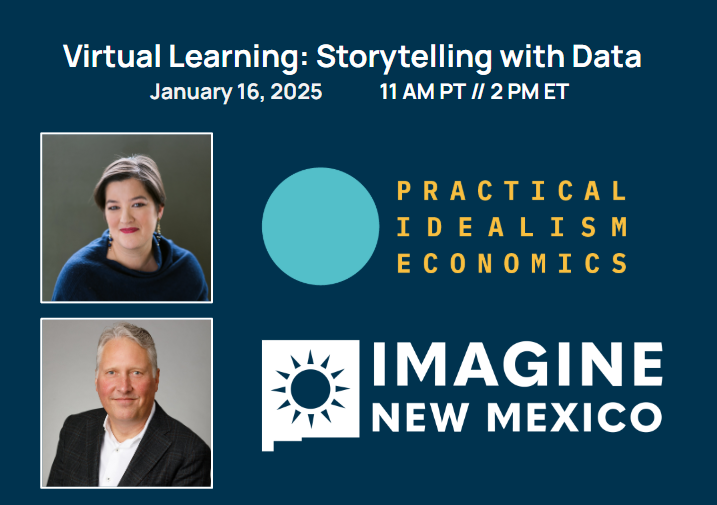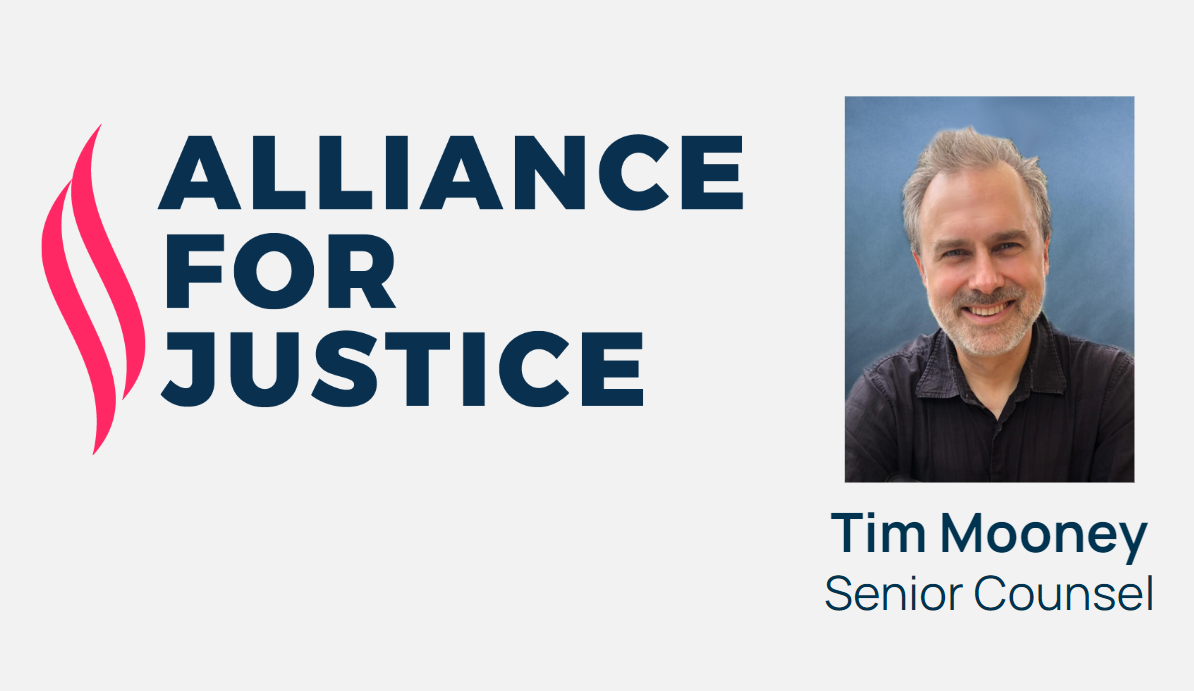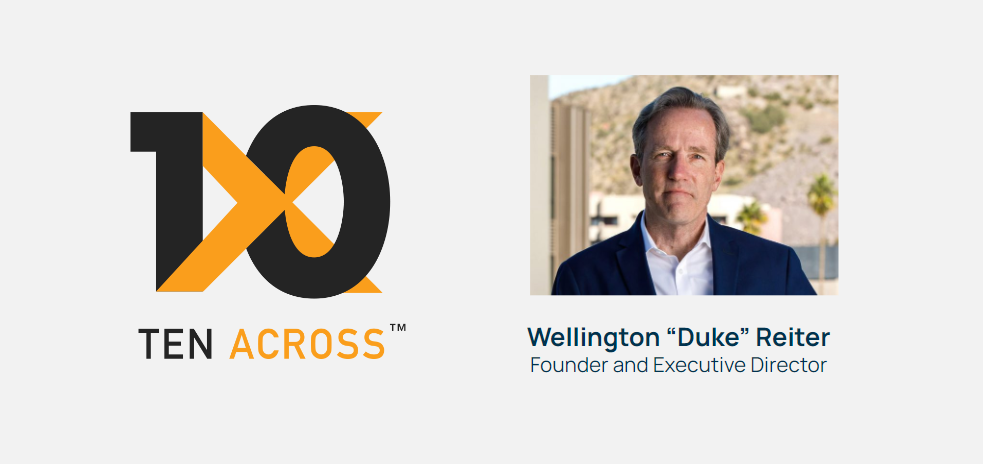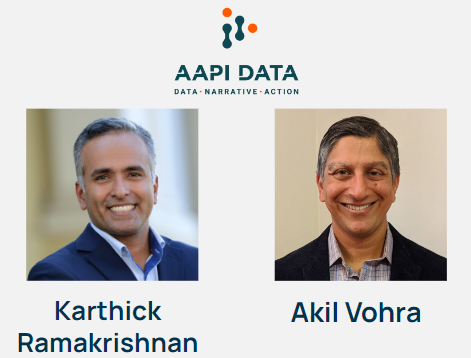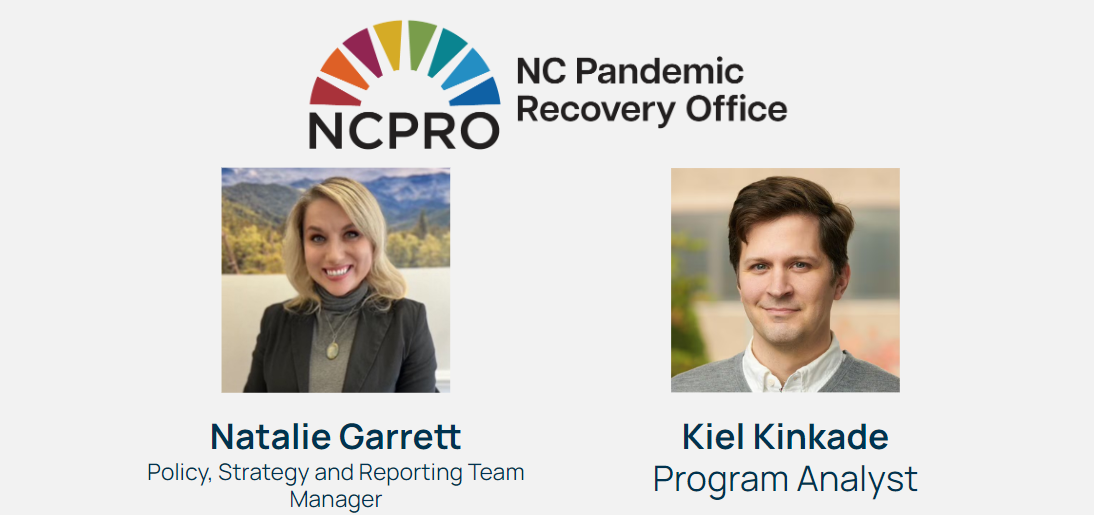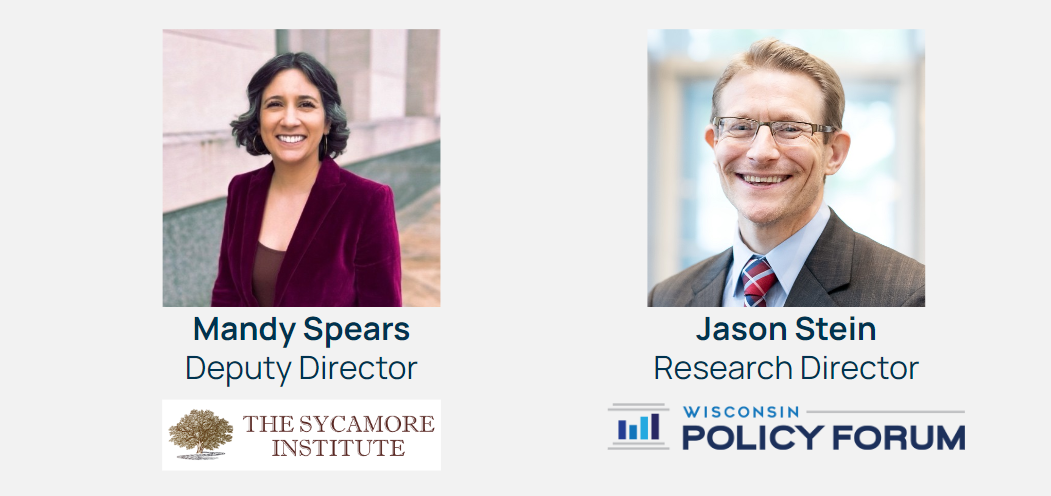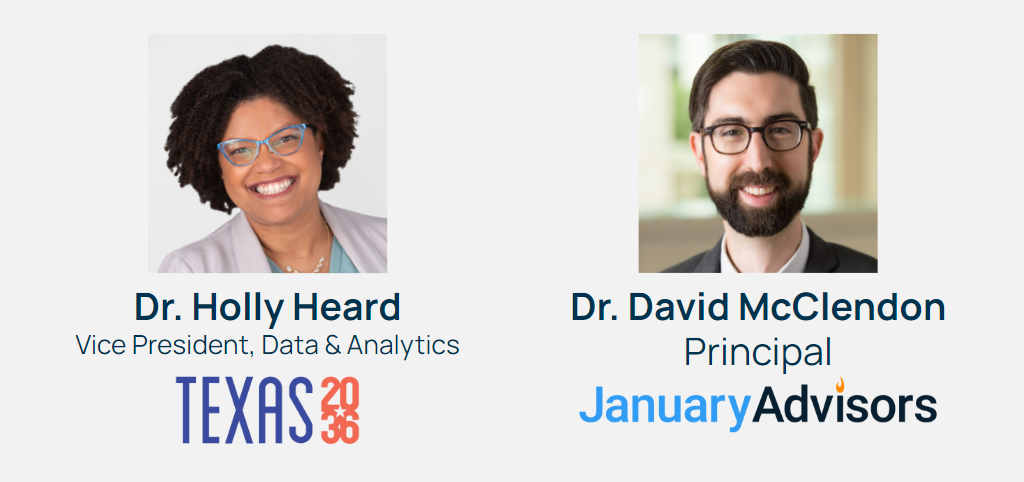Storytelling with Data: our January virtual learning opportunity
This month, Irena Asmundson from Practical Idealism Economics and Mark Benak from Imagine New Mexico partnered to host our January virtual learning opportunity. This session featured a new format that was a first for our network wherein Irena and Mark Benak hosted a live consulting session, exploring how to leverage data and storytelling to advance the mission of the newly formed organization. Through spectating and participating in the session, attendees saw how to apply storytelling best practices to their own work.
Key takeaways from this session:
- Storytelling can offer a common, data-based starting point: When a political or ideological divide makes it difficult to talk to each other, storytelling with data can bring us back to our shared problems and options to build empathy across partisan divides.
- Considering your audience is an essential part of creating your storytelling: Your organizational goals and KPIs are important, but when storytelling with data, considering your audience is equally important. Who will consume each artifact you publish? What is their familiarity with this issue? What are their motivations and goals? Tailoring your messaging to these considerations can maximize the impact of your story.
- Data means more with context: Numbers alone may not indicate the scale, trend, or impact of an issue to your audience. Building narrative around your data can help your audience answer key questions like is this number big or small? Does it indicate a change from the past, or a direction we want to move in for the future?
- Presenting data requires a viewpoint, and transparency keeps it non-partisan: When policy organizations choose what data or indicators to track and publish, we are showing what issues and groups of people we focus on. When defining the problems in our communities, we are implicitly defining the problem and what success looks like. Being explicit and transparent helps us stay open to discussion, which is what makes it non-partisan.
- Narratives can catalyze the audience: As a best practice, showing the audience how they can be the hero in the story can move them towards policy changes that improve the lives of your state’s residents.
Slides from this session can be viewed here.
Have an idea for a learning opportunity that you would like to attend or host?
Please reach out to us at infor@statesforthefuture.org to explore further.

